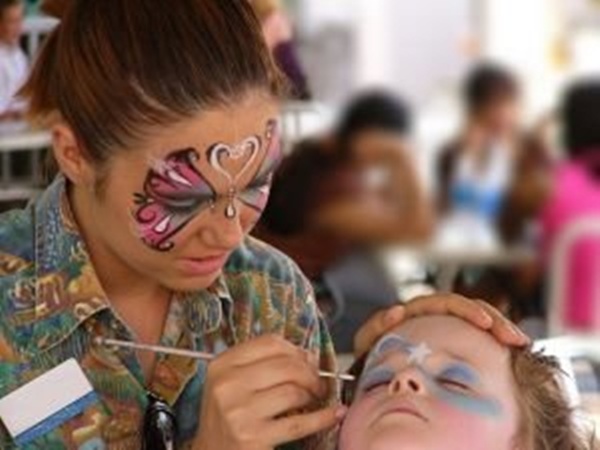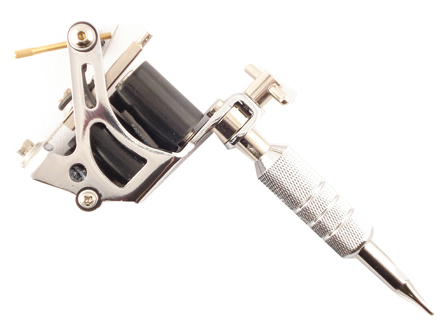
Face painting has been existing since long. It was earlier used by tribal and military people in order to hide themselves efficiently. These days, face painting is considered an art and is a fun filled activity. It is especially popular among children and youngsters. They generally get different designs painted on their faces during some festivals or at some parks, fairs, and markets. Face painting is a temporary art that lasts only for a few hours and is completely washable. As this kind of painting is done on the face, the paint used should be safe and must not cause any allergic reactions to the skin. You can find many professional face painters these days, but you can also try painting your face at home, if you wish. However, before trying this art, given below are 10 important safety tips that every face painter should be aware of.
1. Use proper paint
Use only those paints that are especially meant for the skin. These paints are safe and do not cause any reaction to the face. They are also easily washable. Other paints like craft paints, acrylic paints, water colors, and markers are not suitable for face painting, though they are labelled as ânon-toxicâ. They even leave a bad mark on the face for a long time. They can also react badly with the skin and cause permanent damage. The paints meant for face painting are also not very expensive and you can actually use a small bottle for a long time.
2. Use safe glitters
If at all you want to use glitters on the face, buy a bottle that is actually meant for face painting. These glitters are 0.008 microns in size and do not harm the skin. The face glitters are made of polyester and are FDA approved. Any other craft glitters should not be used on the skin.
3. Do not use alcohol for brushes and sponges
Do not use alcohol to clean the brushes and sponges that are used for face painting. Alcohol can cause lots of damage to the skin, especially to the eye area.
4. Take care of hygiene
Never apply paint on the face of those who have any kind of contagious disease. This can cause the disease to spread. People with acne, boils, wounds, and sores should also be avoided. Applying paint can cause the irritation on the skin to increase. Such people can either paint other parts of their body or consider using stickers.
5. Keep your hands clean
Wash your hands after applying paint on each person. This will avoid spreading of any kind of infection. You can use baby wipes or a hand sanitizer. This will help you keep your hands clean and free of infection.
6. Avoid the spread of lice
Usually children have lice in their head. In order to avoid spreading the lice, ask all clients to tie their hair before getting their face painted. Take proper care while holding peopleâs head so that head lice cannot be transferred form one person to other.
7. Be comfortable
If you are a professional face painter, your job requires working for long hours on different people. Therefore, it is very necessary to keep yourself comfortable. Use a comfortable chair for sitting for a long time and comfortable shoes to stand in a proper manner. Being uncomfortable for a long time can cause permanent damage to your body.
8. Do not stress your body too much
Take proper care so that your body does not get over stressed. Avoid too much of stretching and bending. It is often advisable to take a break between your work. This will allow your body to relax and prevent long term injuries.
9. Take care of yourself
You have to work continuously, therefore, keep yourself well hydrated. Eat healthy snacks in between to energize yourself. This will prevent you from being totally exhausted and keep you going for long.
10. Get a face painting insurance
It is better if you purchase face-painting public liability insurance. This is for you and your clientâs safety. If you are working in USA or UK, there are some places where you can get a face painting insurance.



